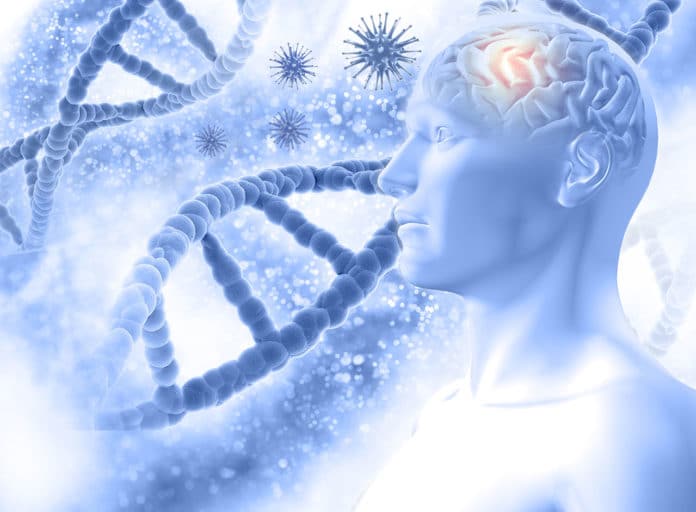Scientists developed a new software-based technique from Harvard-affiliated Massachusetts General Hospital (MGH) that scans electronic health records (EHRs) to estimate the risk of dementia early.
Scientists used machine learning algorithms to develop the software that involves a list of key clinical terms associated with cognitive symptoms identified by clinical experts. The software also uses natural language processing (NLP) to comb through EHRs looking for those terms. Finally, the algorithm uses those results to estimate patients’ risk of developing dementia.
When tested, the software was potentially able to predict the risk of new dementia diagnosis up to eight years in advance.
A total of 267,855 patients were involved in the study- admitted to one of two hospital systems. It found that 2.4 percent of patients developed dementia over the eight years of follow-up.
Scientists noted, “This approach to early risk detection has the potential to accelerate research efforts aimed at slowing the progression or reversing early disease.”
Thomas McCoy Jr., the first author of the paper, said, “This method was originally developed as a general ‘cognitive symptom’ assessment tool. But we were able to apply it to answer particular questions about dementia.”
“In other words, a general cognitive-symptom detector proved useful for dementia risk stratification. This study contributes to a growing body of work on the usefulness of calculating broad symptom burden scores across neuropsychiatric conditions.”
Rudolph Tanzi, a member of the research team, vice chair of neurology, said, “This approach could be duplicated around the world, giving us more data and more evidence for trials looking at potential treatments.”
Their paper was published this week in Alzheimer’s & Dementia.
